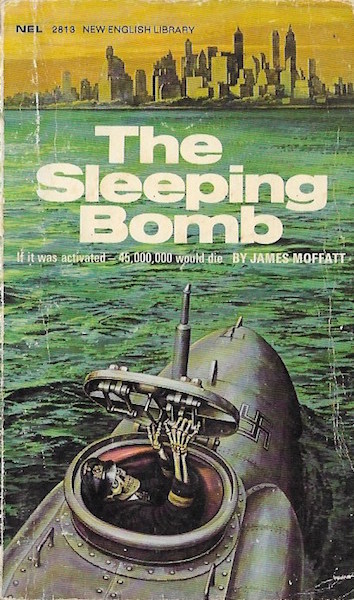A trying year all around, right? The Westons have been making out like bandits while we've been obsessing over our PC Optimum points balances. If any good has come out of this pandemic, it's found in communities coming together. Our family isn't alone in choosing to buy our meat, eggs, fruits, vegetables, jams, and honey directly from local farmers.
Take that, Galen Weston!
While we have no local book publishers in Merrickville, Ontario, our household has become even more focussed in spending its money on titles published by Canadian houses. And so, for the first time in Dusty Bookcase history, I present a list of Christmas gift recommendations, beginning with limited editions offered by Biblioasis. The pride of Windsor, the publisher has this year been offering attractive numbered and signed hardcovers of some of its most recent titles.
I took out a subscription myself, and then found myself spoiled by all sorts of additional treats, like this collection of Indie Bookseller Trading Cards.
No fool I, my package of cards remains unopened. Imagine how much it'll be worth in 2040!
The most recent limited edition, Jason Gruriel's Forgotten Words, was accompanied by advance reader's copies of Randy Boyagoda's Original Prin and Rain and Other Stories by Mia Couto. Also included was this brilliant chapbook:
Take that, Jeff Bezos!
Give a loved one a subscription, if you can. If you've got more or less to spare, the rest of this inaugural Dusty Bookcase Christmas Gift List is as follows:
Barney Allen
Ottawa: University of
Ottawa: University of
Ottawa Press
The literary debut by a novelist I've suggested is Canada's strangest. First published by Macaulay in 1929, I'd been on the hunt for an affordable copy for years. At $29.95, this reissue is a steal. Gregory Betts' informative introduction and notes made me feel I'd really got away with something.
avalés]
Réjean Ducharme [trans
Réjean Ducharme [trans
Madeleine Stratford]
Montreal: Véhicule
L’Avalée des avalés was taught in my Québecoise wife's high school, but not mine; this anglo-Montrealer was well into his thirties before he'd so much as heard of it. The greatest French Canadian novel of the 'sixties is here in the hands of one of our most talented translators.
English-Canadian
Women in Print and on
the Air, 1914-1960
Peggy Lynn Kelly & Carole
Gerson
Ottawa: Tecumseh
A study of unjustly neglected English Canadian women novelists, short story writers, humorists, historians, journalists, and broadcasters, including Dusty Bookcase favourites Edna Jaques and Isabel Ecclestone Mackay.
Frank L. Packard
[np: Michael Howard]
The second in Michael Howard's series of annotated Gray Seal adventures, this volume covers The Further Adventures of Jimmie Dale and Jimmie Dale and the Phantom Clue. It all leads me to wonder why the Gray Seal hasn't made it to television. Walt Disney would agree.
[np: Michael Howard]
The second in Michael Howard's series of annotated Gray Seal adventures, this volume covers The Further Adventures of Jimmie Dale and Jimmie Dale and the Phantom Clue. It all leads me to wonder why the Gray Seal hasn't made it to television. Walt Disney would agree.

































